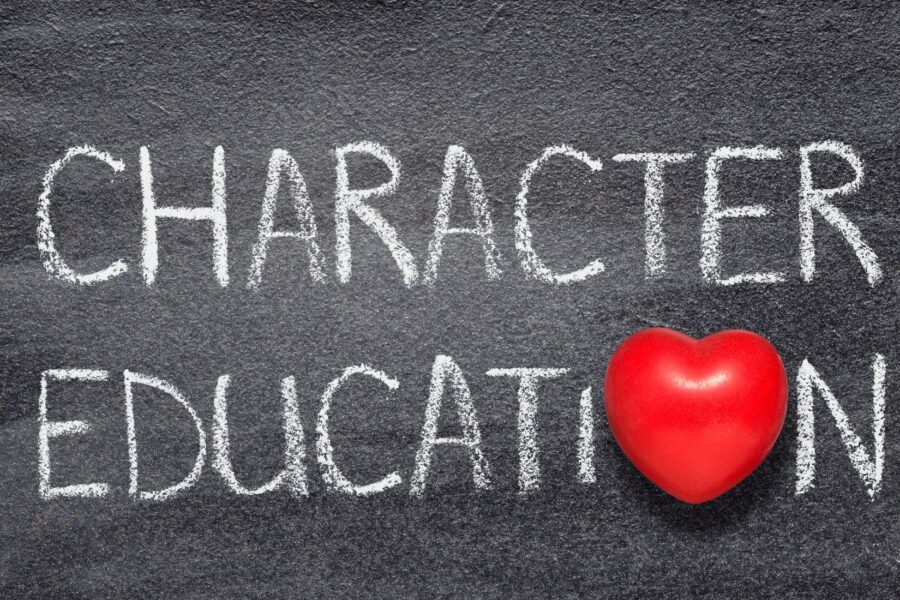Did you know that you can have the most amazing game/performance of your life, have talent that is off the charts, and still not get recruited? Wonder why? Could it be your character? You see, the recruiting process involves more than just your athletic abilities. Coaches and scouts also look at and evaluate your character, your leadership skills, your ability to handle pressure, and more. The reason why is that you bring not only your athletic talents to the team, to the college campus, to the people around you, to your job, to life in general, you bring your character too!
“Personal character” refers to the collection of qualities, traits, and attributes that make up an individual’s moral and ethical nature. It encompasses the way a person thinks, feels, and behaves in various situations, and virtues that shape an individual’s decisions, actions, and behavior. Personal character is often considered a reflection of an individual’s values, principles, and integrity. A person’s character guides conduct and interactions with others, influencing how one navigates ethical dilemmas and make moral choices. So, what are key components of personal character?
Integrity:
Upholding a strong sense of honesty and truthfulness and avoiding deception. Acting with moral and ethical consistency. Being straightforward in communication.
Respect:
Treating others with consideration and courtesy. Valuing diversity, the dignity, the worth, and the rights of every individual. Avoiding actions that demean or harm others.
Responsibility:
Acknowledging and taking ownership and responsibility for one’s actions and decisions. Fulfilling commitments, obligations and duties.
Fairness & Justice:
Treating others with fairness and impartiality. Advocating for justice and equality while avoiding favoritism and discrimination.
Forgiveness:
Letting go of resentment and harbored grudges. Offering forgiveness and understanding.
Empathy & Compassion:
Understanding and sharing the feelings of others. Demonstrating empathy and concern for the welfare and well-being of others. Demonstrating compassion and engaging in acts of kindness, generosity and understanding.
Courage:
Facing challenges and adversity with bravery. Standing up for what is right, even in the face of difficulty. Overcoming fear or opposition to do what is right.
Self-Discipline:
Exercising control over one’s behavior, desires and impulses. Demonstrating perseverance and determination. Resisting temptations that go against moral principles.
Humility:
Recognizing one’s limitations and imperfections. Acknowledging one’s strengths and weaknesses without arrogance and/or an inflated sense of self-importance. Being open to learning from experiences and others.
Gratitude:
Appreciating and expressing thanks for the positive aspects of life. Recognizing, appreciating and giving thanks for the contributions of others.
Loyalty:
Remaining faithful and committed to individuals, causes, or principles. Building and maintaining trustworthy relationships.
Personal character is not static. It should evolve over time through experiences, self-reflection, moral reflection, and intentional efforts toward personal growth. It is often shaped by cultural, religious, philosophical, and familial influences. It plays a crucial role in shaping how individuals interact with the world, make decisions, and contribute to their communities.
As a student-athlete, cultivating a strong and positive personal character is essential to the recruiting process. Scouts and coaches look at the whole athlete. They look at how you interact with your coaches and your teammates. How you respond to referees, and the opponents you face. Scouts and coaches even look at your social media! Don’t let your character be the reason why you don’t get scouted!




Recent Comments